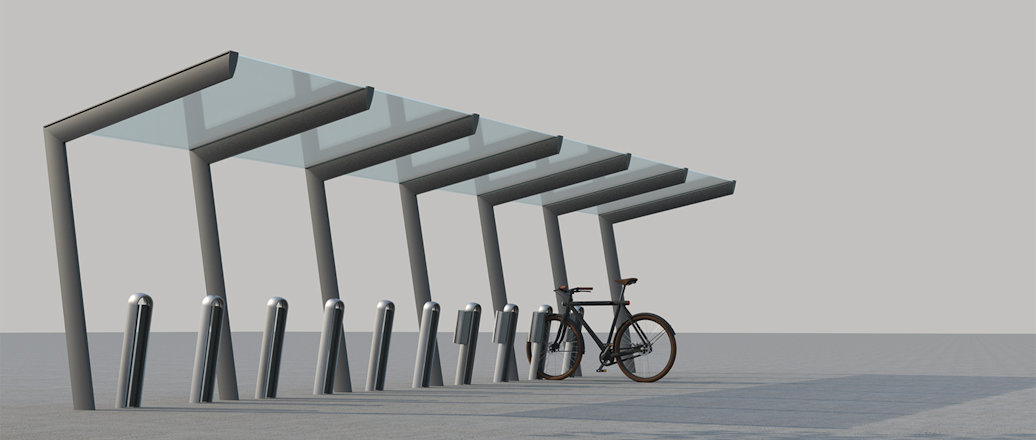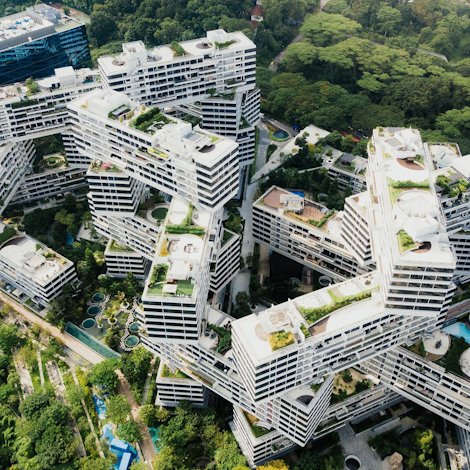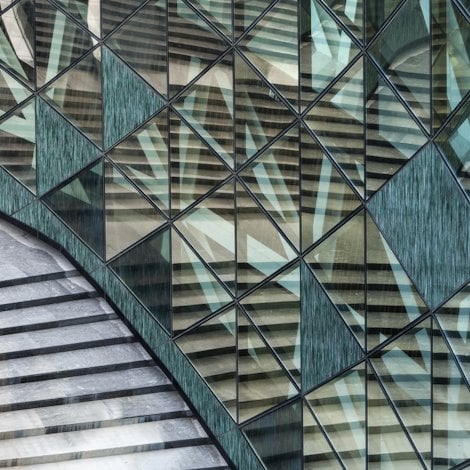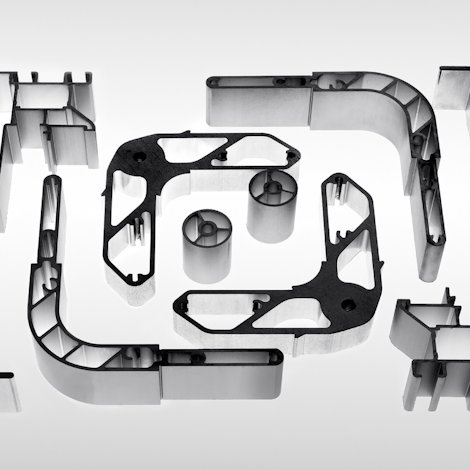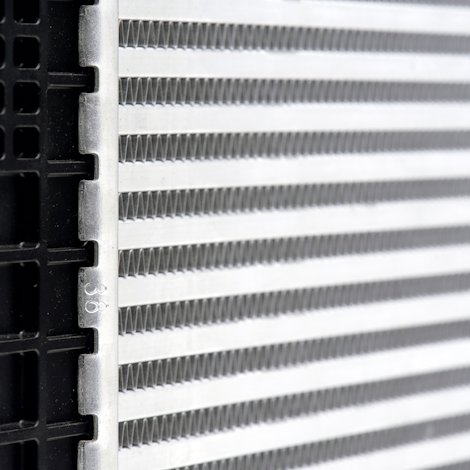How to design better bicycle racks and e-bike charging stations
E-bikes are on the rise and more people are using these bikes for their daily tasks. The models are becoming more elegant, stylish and modern. And with better quality, too. Looking ahead, city centers – not to mention apartment complexes and businesses – are going to need modern parking spaces for these bicycles, complete with charging possibilities. Hydro EcoDesign helped us achieve this.
Kairos OG is a planning office based in Austria. We work with mobility and communication solutions, having begun 20 years ago in the field of impact research. Our goal is to make transport more climate-friendly and socially acceptable.
With regard to e-bike infrastructure, let me start by saying that we are going to need bicycle parking spaces that are suitable for all sizes of bicycles and frames. That cannot damage the high-quality bicycles in any way. And that offer a possibility for charging the bicycles themselves.
These are three big challenges. But we managed to answer those challenges with a new type of bicycle rack, developed in collaboration with product designer Bernhard Breuer and the aluminium company Hydro.
Products with a positive impact on the environment
A large part of the total cost of any new product, and of its environmental impact, is determined at the start of the design process. We investigated Hydro EcoDesign and believed it would help us in this initial phase.
In a joint workshop, we used the prototype of the bicycle rack to collect optimization potential with the Hydro EcoDesign methodology. We examined the individual components in terms of sustainability and practicability, and then refined the concept in the design process, emphasizing:
- CO2 footprint: We chose Hydro REDUXA, an aluminium product that has a CO2 footprint four times lower than the global average due to the use of renewable energy. Further, we reduced as much CO2 as possible through the rest of the process by using only renewable energy in the extrusion and mechanical phases for the production of the e-bike stands.
- Reduced material use: The design has a small bending radius, which means that more material is needed at certain points to keep the shape of the profile solid. Together with Hydro's experts, we managed to reduce the material input without losing stability.
- Short distances: By manufacturing the product at Hydro’s plant in Nenzing, Austria, we shortened transport routes, thereby reducing CO2 emissions. This also led to efficient communication and production processes.
- Flexibility and integration of design features: An important criterion for us was being able to modularly extend the bicycle rack: This means the bike racks could be upgraded with charging boxes at a later point.
- Optimal surface design: Using the holistic Hydro EcoDesign approach, we used an anodized coating. This is more resistant and durable than powder coating and is more suitable for recycling.
- Circular economy: The system is designed so that even individual parts can be removed and replaced. This means the entire structure does not have to be replaced, but only individual components. In addition, the individual parts can be recycled.
- Continuous improvement: This remains work in progress. For example, in the coming months, we will use an alternative die to further reduce wall thicknesses in order to save even more aluminium.
- Aluminium Stewardship Initiative (ASI) certification: We secure the environmental, social and governance standards by using aluminium with low CO2 emissions from Hydro's own primary aluminium production and by further processing at Hydro Extrusions. Through independent certification of the entire value chain, according to ASI’s Performance and Chain of Custody Standards, the Hydro EcoDesign process also considered sustainability throughout the supply chain.
The Hydro EcoDesign approach is suitable for products that have a positive impact on the environment during the period of their use, such as the e-bike rack, which simplifies and promotes sustainable mobility.
Because at the end of the day, we need products that can effectively support the megatrend of electromobility through their sustainable design approach and characteristics.

